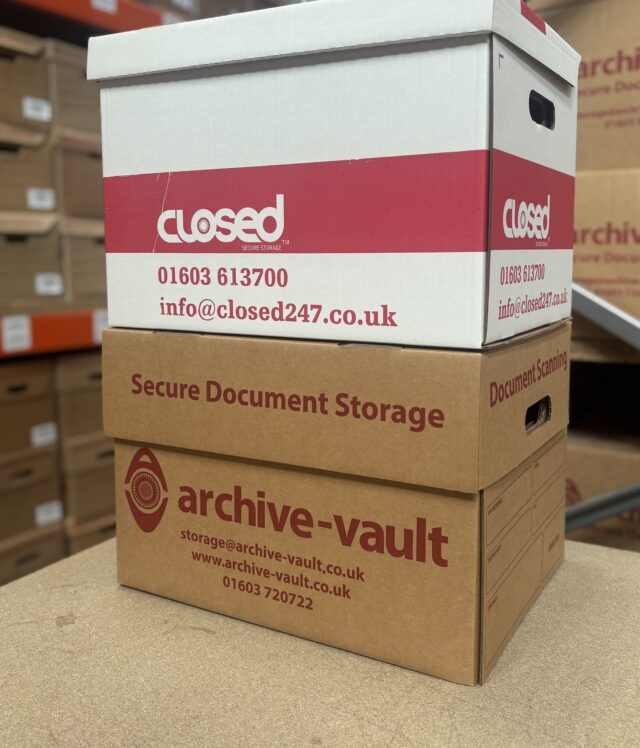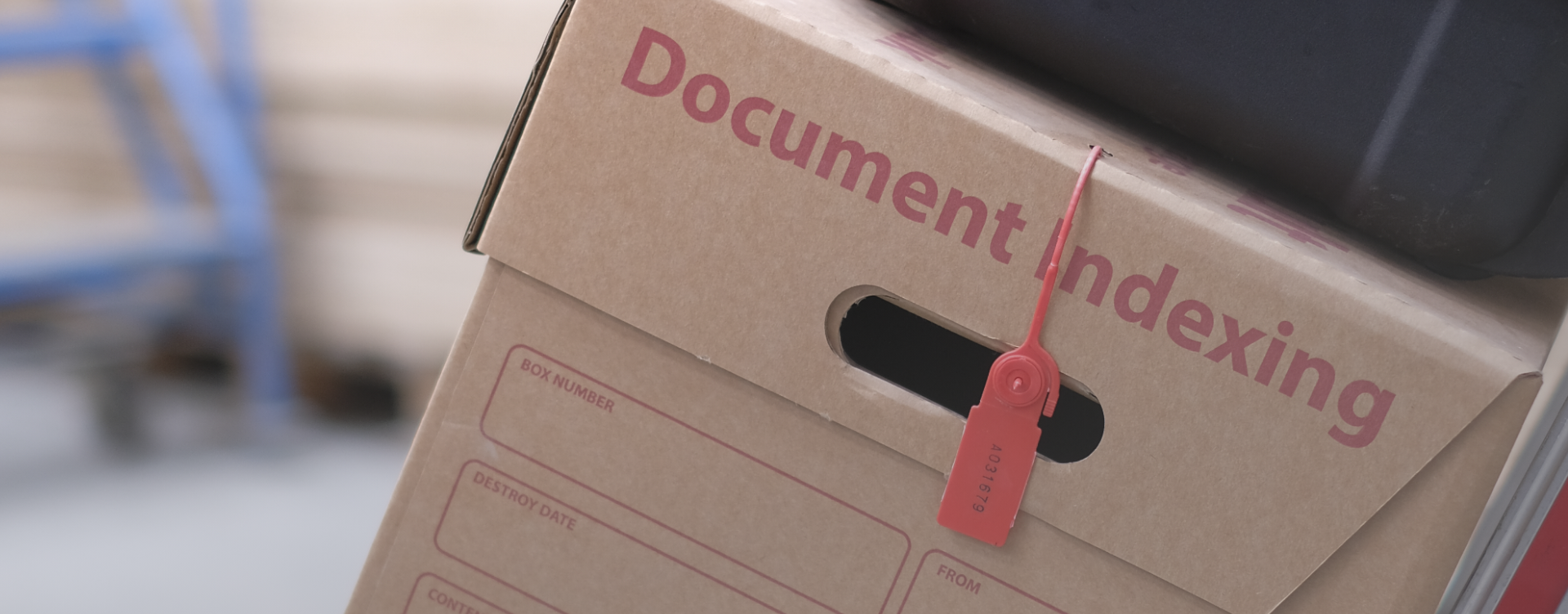In any business, document retention can be a challenge. Knowing which documents to keep and for how long is often difficult because different types of records have different time frames.
In the UK, there are legal requirements for document retention. This makes it critical for businesses to stay on top of the volume of data and records being created. A clear document retention policy can help manage this, but what should it include?
Each department within a company is required to keep certain records over varying periods of time. As a result, businesses often need more than one retention policy to cover different departments. It’s also important to remember that HMRC can penalise companies that fail to keep the required time period.
Below, we outline some of the records you may need to keep. This list is not exhaustive, so always check the latest government guidance when developing your own document retention policy.
Accounting document retention policy
As a general rule, tax returns, financial statements, and accounting records should be retained for a minimum of six years. This six year period begins at the end of the last company financial year that the record relates to. However, the exact timescale may vary depending on the type of tax paid and the industry your business operates in.
Your accounting document retention policy should also recognise that some records may need to be kept for longer than six years. This applies if:
- You have purchased something that will last more than six years, such as machinery.
- The record contains a transaction that spans more than one accounting period.
- A Company Tax Return was submitted late.
- HMRC starts a compliance check into your Company Tax Return.
HR document retention periods in the UK
HR documents can cover a wide range of information, from employees’ working hours and absence records to pay details. They may also include accident books, furlough records, and payroll.
In general, HR records (other than salary and pay details) should be kept for at least three years. However, payroll records must be retained for a minimum of six years. For simplicity, many businesses choose to apply the six-year period as a general rule for all HR records. If you are unsure, it’s best to refer to the latest government guidance.
Company record retention
General company documentation, such as contracts and business agreements, should be retained for at least six years. You must also keep physical business insurance documents and any relevant certificates for at least seven years after the policy has finished.
If you are a limited company, you are required to keep additional key records. These include:
- Details of your directors, secretaries and shareholders.
- Records of votes and shareholder resolutions
- Records of promises made by your company to repay loans.
- Records of promises to make payments if the company is at fault
- Transaction records if someone buys a share in the company.
- Loans or mortgages that are secured against your company assets.
- Your register of ‘people with significant control’.
GDPR data retention
Since the introduction of the General Data Protection Regulation in May 2018, it has become even more imperative to maintain a document archive of items such as accident logs and Since the introduction of the General Data Protection Regulation (GDPR) in May 2018, it has become even more imperative to maintain archives of certain records, such as accident logs and maternity or paternity records. The Information Commissioner’s Office (ICO), the UK regulator for GDPR, provides guidance on how long these records should be kept.
Examples include:
- Application and recruitment records – 6 to 12 months.
- Accident records – 3 years.
- Maternity and paternity records – 3 years.
- Parental leave records – 5 years (from birth/adoption) or 18 years (if child receives disability allowance).
- Pension benefits – 12 years, from end of payable benefits.
- Redundancy records – 6 years.
- Sickness absence records – minimum of 3 months, but up to 6 years from end of employment.
- Personnel/training records – 6 years from end of employment.
Many of these records were already covered under the Data Protection Act, but GDPR reinforced their importance. It also added new requirements: HR departments must now clearly state why each category of personnel data is being retained and how long it will be kept.
A suitable filing system
Today, many records can be stored digitally. However, some documents, such as those with a notary seal or an original signature, must be retained in physical form. Check with your accountant or lawyer if you are unsure.
The volume of data a business collects can often feel overwhelming. To reduce risk, it’s key to categorise documents correctly, catalogue them, and store them in an organised way. Proper filing makes it easier to identify and retrieve documents when needed, whether it’s for HMRC, your accountants, restoring client information, or identifying records ready for secure destruction.
Establishing a document retention policy for each department will enable your business to monitor and manage its archive effectively. This reduces administration, legal risks, and costs while ensuring compliance with regulatory requirements.
Using a records storage facility
Many businesses partner with a dedicated records storage facility, such as Archive-Vault, for professional support. We take the time to understand the nature of your business and can assist with the categorisation and management of your document archive. Your records remain protected throughout their retention lifecycle and are securely destroyed when the time comes.
At Archive-Vault, we recognise how important document retention is for every business. We help you meet legal and regulatory obligations while ensuring documents are securely organised, stored, and retrieved at the right time, by the right people, in the right place. Our service is designed to make the process of document archiving simple, seamless, and stress free.
If you would like to talk to us about your document retention needs, please get in touch. You can call us on 01603 720722 or email info@archive-vault.co.uk.











